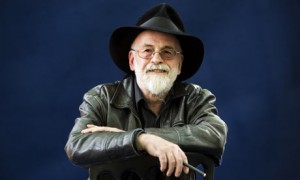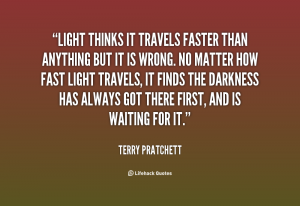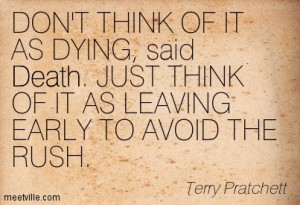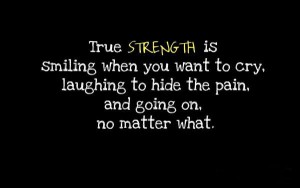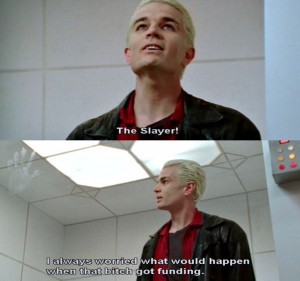Last week, I came across the following trailer on my Facebook wall and, at first, I couldn’t believe my eyes. This is something that I had dreamed about ever since Sony came up with Playstation 3, and it will finally become a reality, after almost 20 years.
Now I have a confession to make. Final Fantasy VII is one of my favorite games of all times, and certainly my favorite amongst all of the Final Fantasy games (with Final Fantasy X coming close second).
I still remember the first time I played it. I had just graduated from high school and started my first year in college along with three of my high school friends. We were extremely busy with studies and all of us also worked part time to pay for school, but we had a rule: we always met on Saturday nights to spend time together. Since we were broke college students, we rarely went out. We met at my place instead, because I was the only one who had moved out of my parents’ house at that time. I was also the only one to own a Playstation.
We would play table top RPG games or watch TV, or just talk about the books we read, things we did during the week. And sometimes we would play games. I remember that I picked up Final Fantasy VII in a second hand game store in 1998 almost as an afterthought. I had never heard of the Final Fantasy series before, or never played a JRPG game. It was cheap and we had ran out of games to play on Saturday nights, so into the bag it went.
Needless to say that we were hooked from the very first Saturday night, my friends and I. I don’t think any other game had managed to absorb us so completely before (and very few did after). We would spend the whole evening playing, then the rest of the week talking about it and discussing boss strategies, best places to level those pesky materia, which equipment was best for which character and so on and so forth. We spend a lot of wonderful hours together drinking tea or wine when we could afford it, eating whatever we could cook and discovering the wonderfully complex story of Cloud and company…
I have played many games since then, and I have replayed Final Fantasy VII several times as well and it never gets boring. I love the world. I love the story this game tells. I love all the characters, even if I’m not a very big fan of Cloud. And I will always be grateful to Squaresoft for creating the most wonderful antagonist of all times – Sephiroth. I even wrote a whole blog post about him about a year ago, if you want to check it out.
So when I think about this game, I think about wonderfully detailed characters and an amazing plot, but also hours of laughter and good times I spent with my best friends. So yes, I’m excited about FF7 coming back, even if my friends are a continent away now and living their own lives. I can’t wait to play it. I’ll even buy a PS4 just for that.
But I am also a bit scared of this new take on a game I love, because Square Enix announced that it wouldn’t just be a remastering of the original game, but a remake. Remake means new vision. Remake means telling the story in a different way and often changing it to fit this new vision. What if I start playing this new Final Fantasy VII and absolutely hate what they’ve done with the story? Would it taint my love for the characters and the story of the original as well? So I will be waiting for this release with an equal part of excitement and fear, and hope for the best… and wish that I could gather all of my friends around my PS4 and TV one more time and share this game with them like in the good old times.







